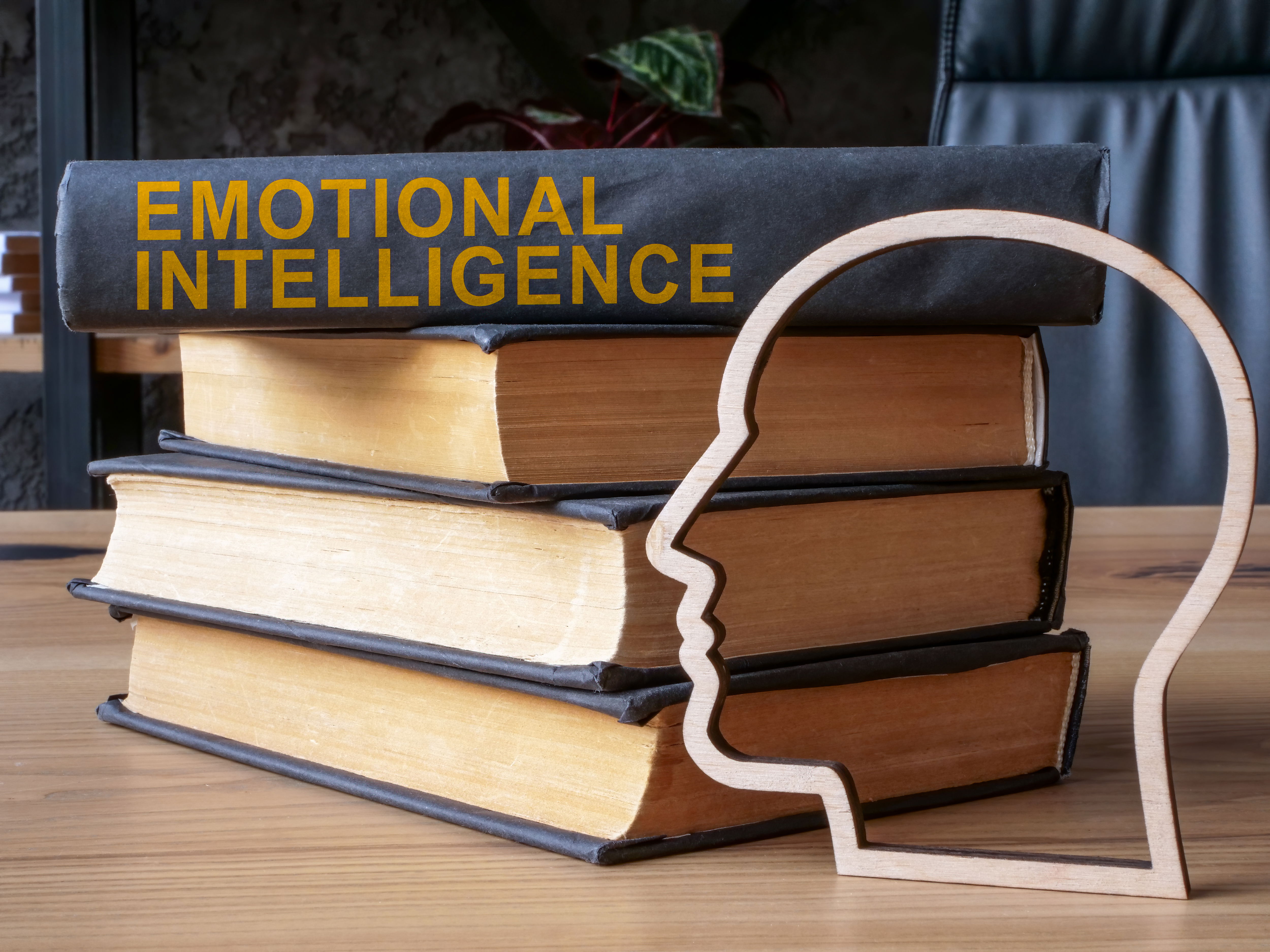Emotional Intelligence: The Key to Effective Leadership (Serial Num: 0010-25-02)
As the business world continues to evolve, leaders are faced with an increasingly complex and dynamic environment. To succeed, leaders must possess a unique combination of skills, including technical expertise, strategic thinking, and emotional intelligence.
Emotional intelligence (EI) is the ability to recognize and understand emotions in oneself and others, and to use this awareness to guide thought and behavior. It is a critical component of effective leadership, enabling leaders to build strong relationships, manage conflict, and make informed decisions.
The Benefits of Emotional Intelligence in Leadership
Leaders with high emotional intelligence possess a number of key benefits, including:- Improved relationships: Emotional intelligence enables leaders to build strong, trusting relationships with their team members, stakeholders, and customers.
Effective conflict management: Leaders with high EI are better equipped to manage conflict and difficult conversations, reducing the risk of misunderstandings and miscommunication.
Informed decision-making: Emotional intelligence enables leaders to make informed, thoughtful decisions that take into account the emotional and social implications of their choices.
Increased empathy: Leaders with high EI are more empathetic and understanding, enabling them to better support and motivate their team members.
Better communication: Emotional intelligence enables leaders to communicate more effectively, using emotional awareness to tailor their message and delivery to their audience.
The Components of Emotional Intelligence
Emotional intelligence is comprised of several key components:
Self-awareness: The ability to recognize and understand one's own emotions and how they impact behavior.
Self-regulation: The ability to manage one's own emotions and impulses, enabling leaders to remain calm and composed under pressure.
Motivation: The ability to use emotions to drive motivation and achieve goals.- Empathy: The ability to recognize and understand emotions in others, enabling leaders to build strong relationships and provide effective support.
Social skills: The ability to use emotional intelligence to build strong relationships and communicate effectively with others. Developing Emotional Intelligence
Emotional intelligence can be developed through a combination of self-reflection, feedback, and practice.
Here are some strategies for developing EI:-Self-reflection:
Take time to reflect on your own emotions and how they impact your behavior.
Feedback: Seek feedback from others on your emotional intelligence, using this feedback to identify areas for improvement.
Practice: Practice using emotional intelligence in your daily interactions, using techniques such as active listening and empathy to build strong relationships.Training and development: Participate in training and development programs that focus on emotional intelligence, such as leadership development programs or coaching.

Developing adaptability involves being flexible and open to change. This includes:
- Being open-minded to new ideas and perspectives
- Being willing to adjust plans and goals as circumstances change
- Developing a growth mindset to continuously learn and improve
- Practicing self-reflection to identify areas for improvement
Resilience
Developing resilience involves bouncing back from setbacks, failures, and difficult emotions. This includes:
- Practicing self-care to maintain physical and emotional well-being
- Developing a growth mindset to learn from failures and setbacks
- Building a support network of positive relationships
- Focusing on the present moment rather than dwelling on the past or worrying about the future
Positive Relationships
Developing positive relationships involves nurturing relationships with others. This includes:
- Practicing empathy and active listening
- Showing appreciation and gratitude towards others
- Being supportive and encouraging
- Developing healthy communication skills to manage conflicts and difficult conversations
Mindfulness
Developing mindfulness involves being present in the moment. This includes:
- Practicing meditation or deep breathing exercises
- Focusing on the present moment rather than dwelling on the past or worrying about the future
- Being aware of your thoughts, emotions, and physical sensations
- Practicing self-reflection to identify areas for improvement
Conclusvely, emotional intelligence is a critical component of effective leadership, enabling leaders to build strong relationships, manage conflict, and make informed decisions. By developing their emotional intelligence, leaders can become more effective, inspiring, and successful, driving business results and achieving their goals.